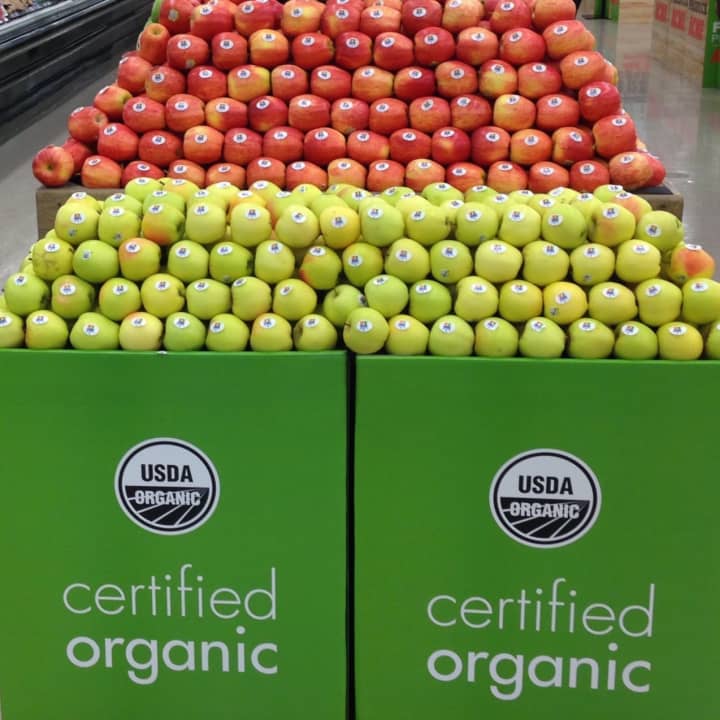When deciding on the most natural option, in almost every case, foods labeled as "organic" offer the greatest assurance of healthy production. In the United States, the FDA mandates that foods with the organic label adhere to sourcing criteria such as avoiding the use of GMOs, pesticides, and growth hormones, abiding by animal welfare requirements and being open to government inspections.
"Certification has an important role in the food industry especially for shoppers with food allergies or food preferences," said Elaine Magee, a wellness dietitian for ACME Markets. "This helps assure the shopper that the procurement, production and labeling meets specific criteria set by a regulatory agency such as the FDA or USDA."
Capitalizing on growing heath trends, many food producers have begun to market products as all-natural, healthy offerings. However, the terms "natural" and "all-natural" are not regulated by the FDA when dealing with produce and packaged goods. Therefore, companies are free to label food in these categories as "natural," regardless of how they are sourced. It is an important distinction, however, that the FDA does regulate "natural" meat, which must be free from artificial ingredients and coloring.
"Shoppers can look beyond natural claims and find healthy options simply by looking for whole foods without labels or claims; starting in the produce section and working their way around the perimeter to meat and seafood, dairy and eggs," said Magee. It's also important, though, to realize that organic doesn't always equate to healthy. "Just because a product contains organic ingredients doesn’t guarantee it’s a healthier alternative," she said. "Some organic products may still be high in sugar, salt or calories."
For those looking to buy organic products without breaking the bank, ACME Markets makes shopping easy. "Our top organics brand is our own store brand, O Organics," said Magee. "Here at ACME, we believe everyone should have the opportunity to go organic."


